PRO-ACT Video Series: Peer Support Programs in Southeast Pennsylvania
Can I See Myself Here? Building a New Life at Recovery Community Centers
At the PRO-ACT Recovery Community Centers (RCCs), individuals find answers to their questions. Relationships with CRSs are extended and deepened, and relationships are formed with other peers as participants learn new strategies for living a life in recovery.
This final segment explores the Philadelphia RCC, the Southern Bucks RCC (Bucks County), and the Montgomery County RCC—places where individuals can build and strengthen a new life in recovery.
"I gained a lot of self-respect. I gained a lot of self-love. I gained a lot of trust. I gained a lot of teamwork and cooperation with other positive people that are on the same path as myself."
—Naim Shakir, Peer
PRO-ACT VIDEO SERIES: PEER SUPPORT PROGRAMS IN SOUTHEAST PENNSYLVANIA
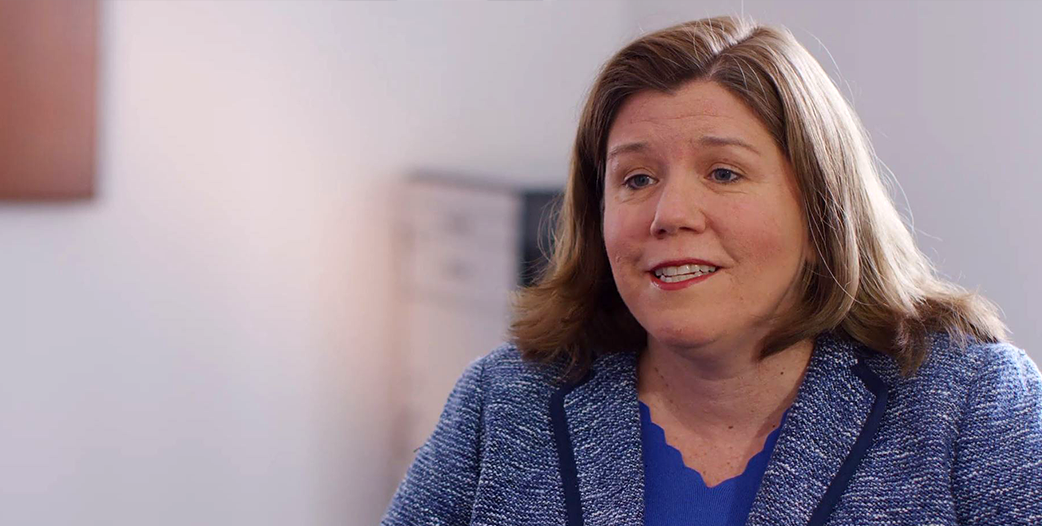
What Is Possible? Working With Recovery-Oriented Partners
Recovery is central to the mission of The Council; PRO-ACT is a key vehicle by which that mission is achieved. Recovery is not only an individual process: it happens within systems of care that are recovery-oriented and in communities that are recovery-rich.
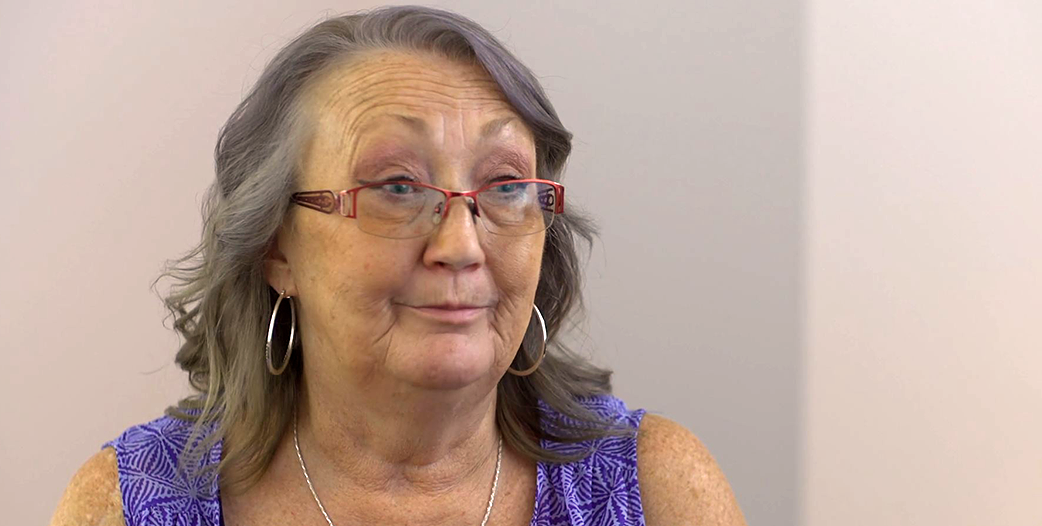
How Important Is It? Sharing Lived Experience and Hope
Certified recovery specialists (CRSs) share their lived experience of recovery and inspire hope for change. They meet people where they are—literally and figuratively—and motivate change through self-disclosure, help others to navigate resources, and address a host of other services and tasks.
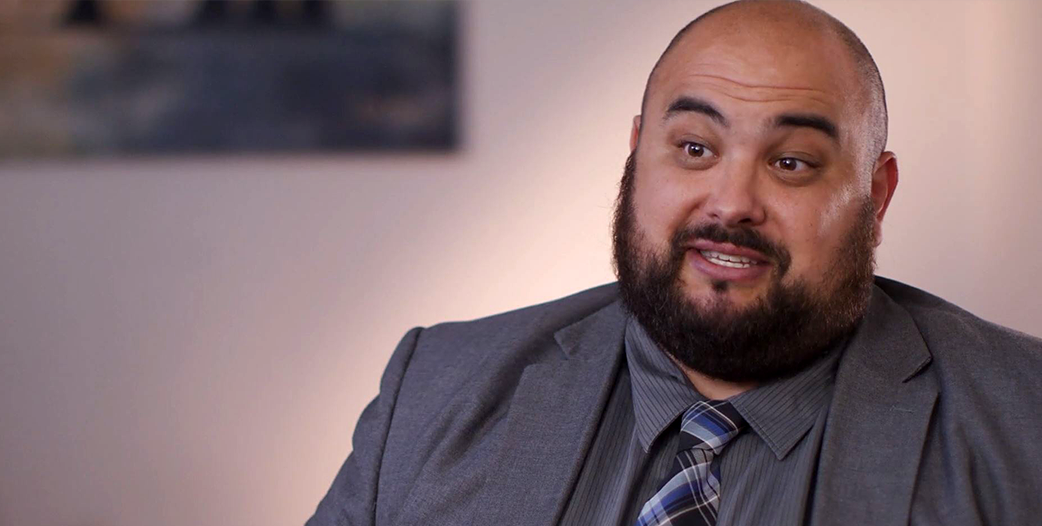
How Can We Help? Part I: Police-Assisted Diversion Collaborating on Alternatives to Incarceration
Diversion programs offer a mechanism for law enforcement officers and criminal justice officials to redirect a person involved in the criminal justice system who is experiencing a health crisis to the health and social services that he or she needs. As pointed out in this segment, “sometimes this is the key to reducing involvement in the criminal justice system.”
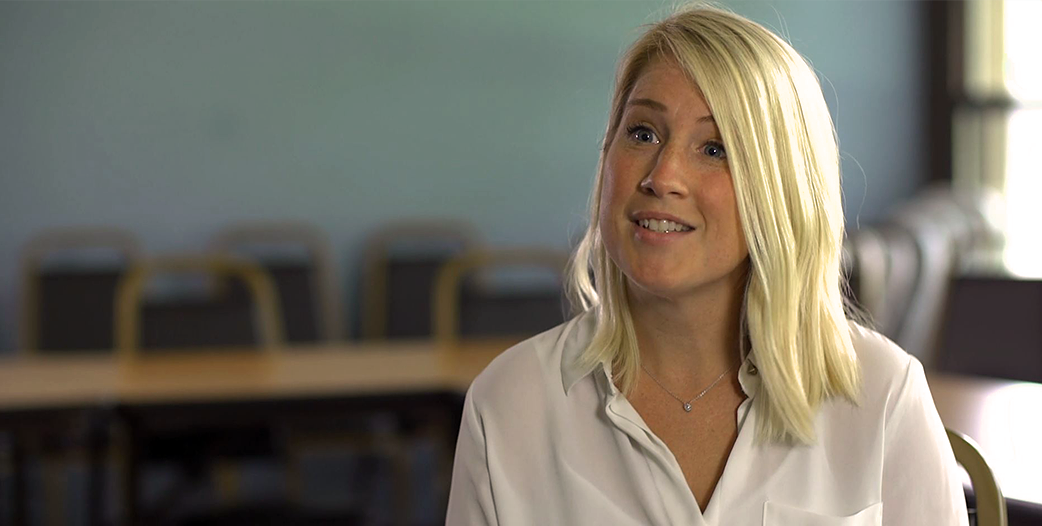
How Can We Help? Part II: Drug Treatment Court Collaborating on Alternatives to Incarceration
In this segment, Drug Treatment Court—a program that integrates PRO-ACT CRSs in its work—is described.
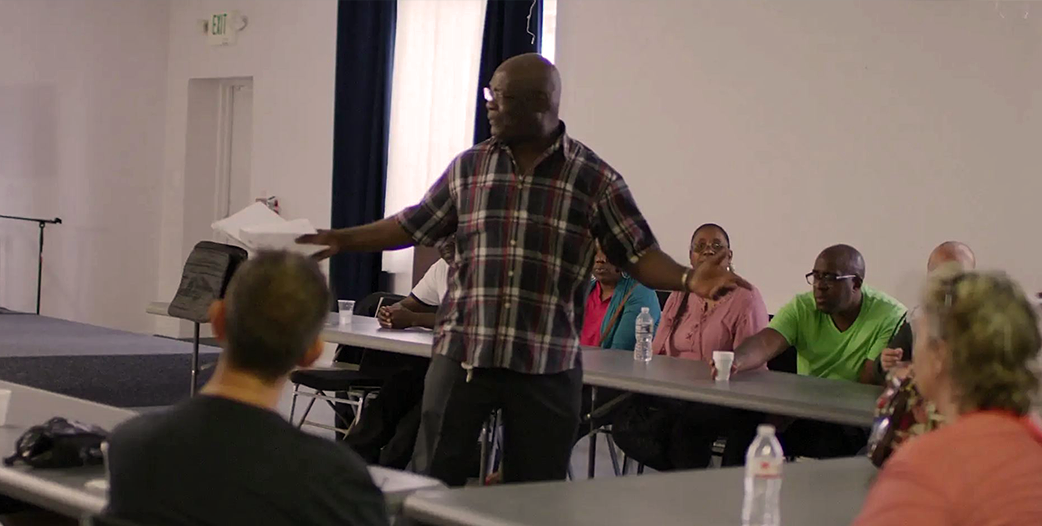
Can I See Myself Here? Building a New Life at Recovery Community Centers
Successfully completing a treatment or diversion program is an important first step for many individuals with substance use disorders. But what happens next? As highlighted by a PRO-ACT CRS: “I know that you can get clean, but if you are like me, you don’t know how to stay clean. So I explain to them that using the services of PRO-ACT can help that ‘staying clean’ process.”



